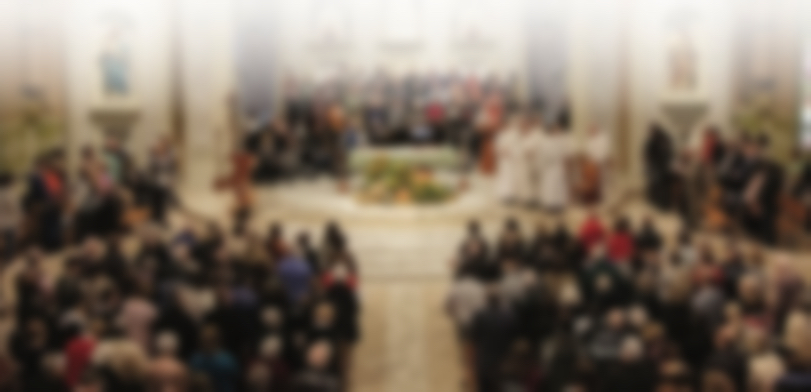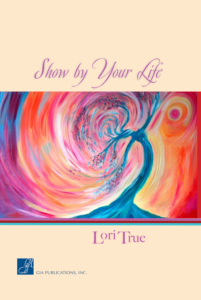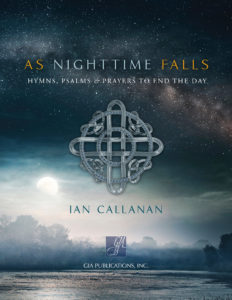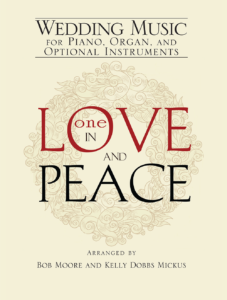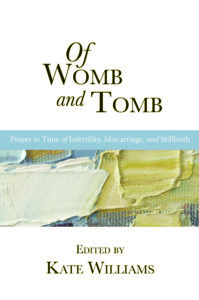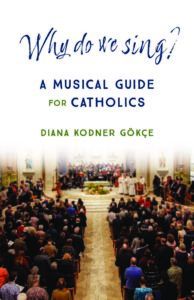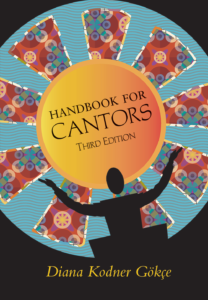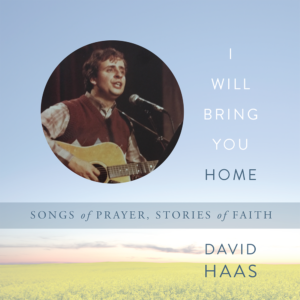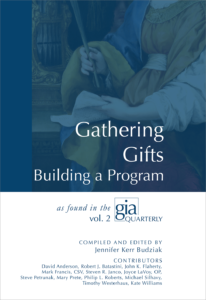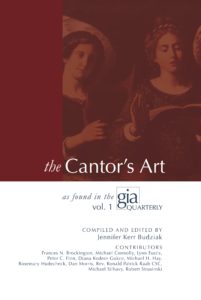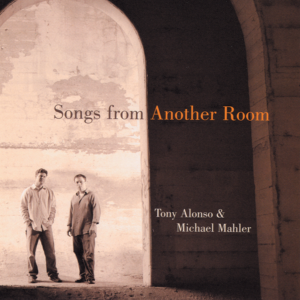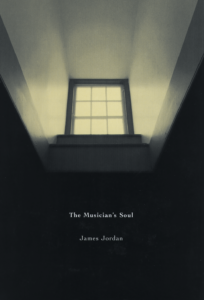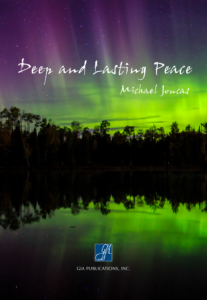It’s always a good day when the new publication comes off press and someone hands you a copy of that project you’ve been working on, and it’s done and complete and existing in real life.
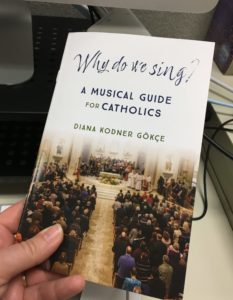 That’s today. Victoria just came over and handed me my first copy of Why Do We Sing? A Musical Guide for Catholics, Diana Kodner Gökçe’s new small book–it’s almost more like an extended essay than anything else–addressing the topic of singing by the whole assembly in liturgical worship. (Diana also wrote Handbook for Cantors, Third Revised Edition, a much bigger and more complete resource for all those who pray in song or lead others in singing the liturgy, including the priest and deacon. If you are familiar with earlier editions of this book, definitely check out this newer expanded edition.)
That’s today. Victoria just came over and handed me my first copy of Why Do We Sing? A Musical Guide for Catholics, Diana Kodner Gökçe’s new small book–it’s almost more like an extended essay than anything else–addressing the topic of singing by the whole assembly in liturgical worship. (Diana also wrote Handbook for Cantors, Third Revised Edition, a much bigger and more complete resource for all those who pray in song or lead others in singing the liturgy, including the priest and deacon. If you are familiar with earlier editions of this book, definitely check out this newer expanded edition.)
To be clear–if you are a reader of this blog, it is likely that you are a fairly committed pastoral musician, whether by profession or by experience or however you come to it; you will not probably find much that’s new to you in this book. You already know this material. You’ve read the documents, you’ve been to workshops, you understand the role of assembly song in the liturgy. But then, this book isn’t really for you.
But you want to know who it is for?
It is for everyone you wish already knew this stuff. It is for the people at Mass who look at you skeptically when you ask them to pick up a hymnal. It is for the people think music in church is what the choir does, and their job is just to sit and listen. It is for the really lovely person in the seventh pew who no longer sings because a music teacher told her in first grade to just mouth the words, and she assumes she must be so awful that no one would ever want her to sing. It is for your confirmandi who are just figuring out this whole church thing, and your First Communicants and their parents, and possibly your own family who still thinks you just spend Sunday mornings “playing piano in your church.” In fewer than 50 pages, in a user-friendly and simple reading style, it lays out the whole question of why we sing, what we sing, why it’s important that we sing, and what to do when it’s difficult to sing. And much of the latter part of the book is a wonderful resource of psalm and scripture verses about song and singing and making music to God.
We also made sure to include quantity pricing–this is a book you could give to your whole RCIA group, or to give to all of your liturgical ministers whether they are musicians or not, or to your youth Confirmation groups, or whatever roomful of people you get to minister with or to who may be wrestling with the many reasons people have to not want to sing, or think they shouldn’t sing or can’t sing. One thing Diana and I agree on completely, and we speak about it often, is that nearly everyone can sing–if you can speak, you can sing. Singing is not an activity only for those who are particularly gifted or talented or artistic; singing is an activity for human beings, period.
So if you ever struggle with helping others to get out there and sing the Good News–check this out.
–Jennifer

